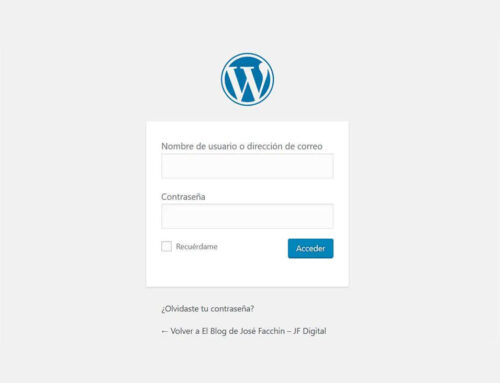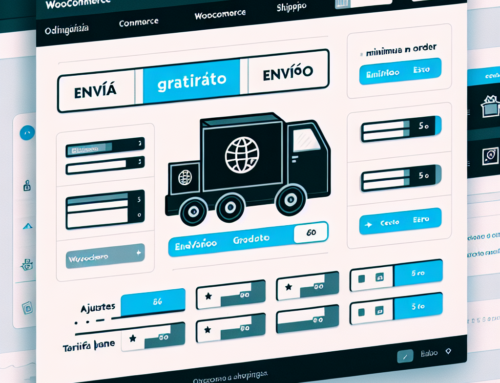WordPress is a content management system (CMS) that allows you to create and manage websites easily. It’s one of the most popular platforms in the world, used by millions of sites due to its flexibility and user-friendliness.
History of WordPress
Launched in 2003, WordPress started as a blogging tool but has evolved into a full-fledged platform for creating all kinds of websites, from personal blogs to online stores and corporate sites.
How Does WordPress Work?
WordPress operates through key components:
- Themes: These are templates that define the design and appearance of the site. You can choose from thousands of free and premium themes to customize your site according to your needs.
- Plugins: These are extensions that add additional functionalities to your site, such as contact forms, SEO optimization, social media integration, and more. Thousands of plugins are available in the official WordPress repository.
- Admin Dashboard: This is the interface where users manage content, change settings, install themes and plugins, and monitor site performance. It’s intuitive and easy to use, even for beginners.
- Posts and Pages: Posts are blog entries displayed in reverse chronological order, while pages are static and used for content like “About” or “Contact”.
Installing WordPress
Installing WordPress is a straightforward process:
- Prerequisites: You need a domain and a hosting service compatible with WordPress. Most hosting providers offer one-click WordPress installations.
- Installation: You can install WordPress manually by downloading the software from its official site or using the auto-install option in your hosting control panel.
- Configuration: After installation, you can customize your site by selecting a theme, installing plugins, and configuring basic options such as site title, timezone, and permalinks.
Advantages of Using WordPress
- Ease of Use: You don’t need advanced technical knowledge to create and manage your site.
- Flexibility: You can create any type of site, from a blog to an online store.
- SEO Friendly: WordPress is optimized for search engines, and there are plugins to further enhance its SEO.
- Active Community: There is a large community of developers and users offering support, documentation, and free resources.
Who is WordPress For?
WordPress is ideal for:
- Bloggers: Thanks to its origins as a blogging platform.
- Small Businesses: It allows you to create professional websites without a large investment.
- E-commerce: With plugins like WooCommerce, you can run a complete online store.
- Large Corporations: Many big companies use WordPress for its scalability and customization.
Conclusion
WordPress is a powerful and versatile tool for anyone looking to create and manage a website. Its ease of use, combined with its ability to customize and expand functionalities, makes it one of the best options available.
Explore everything WordPress has to offer and take your online presence to the next level!







Leave A Comment